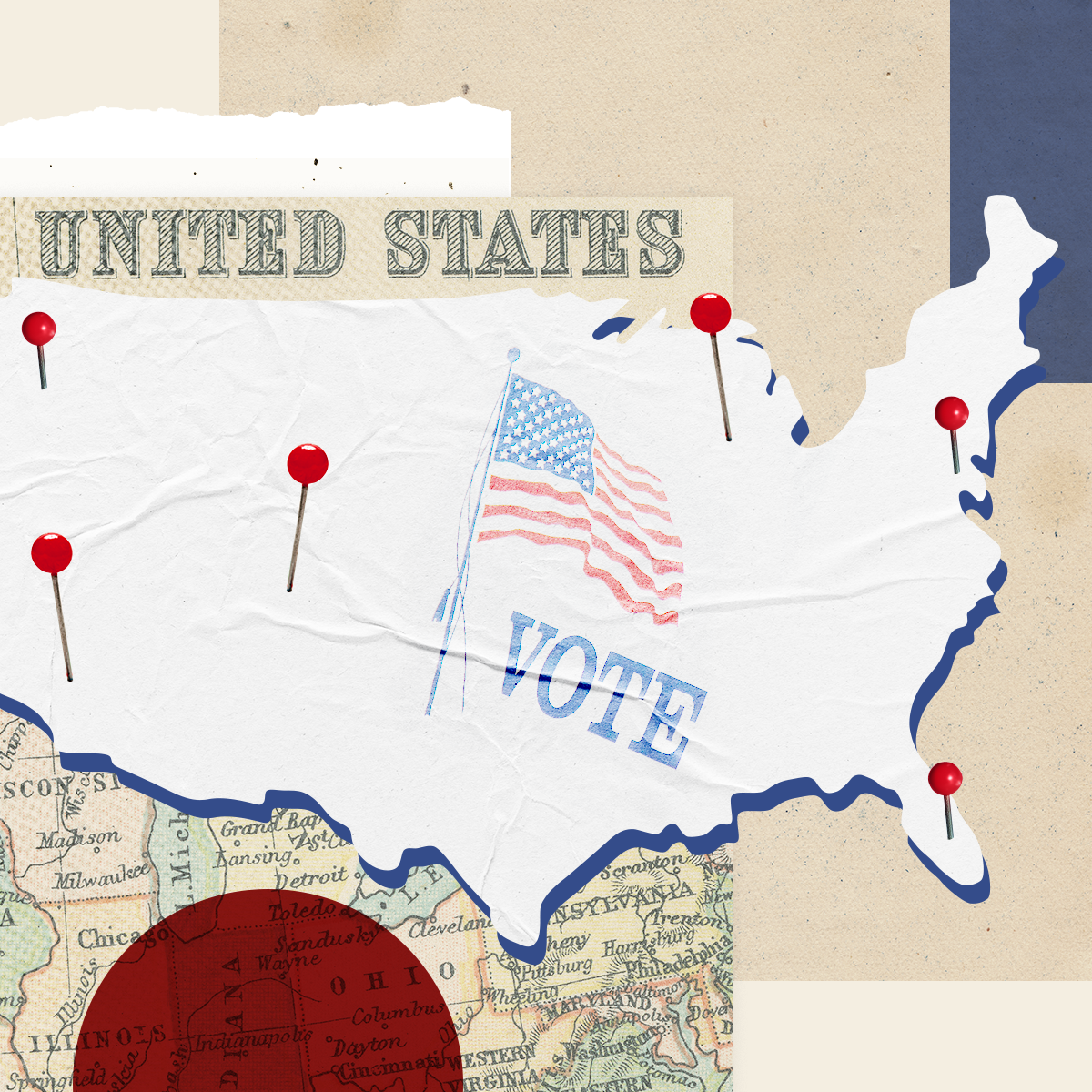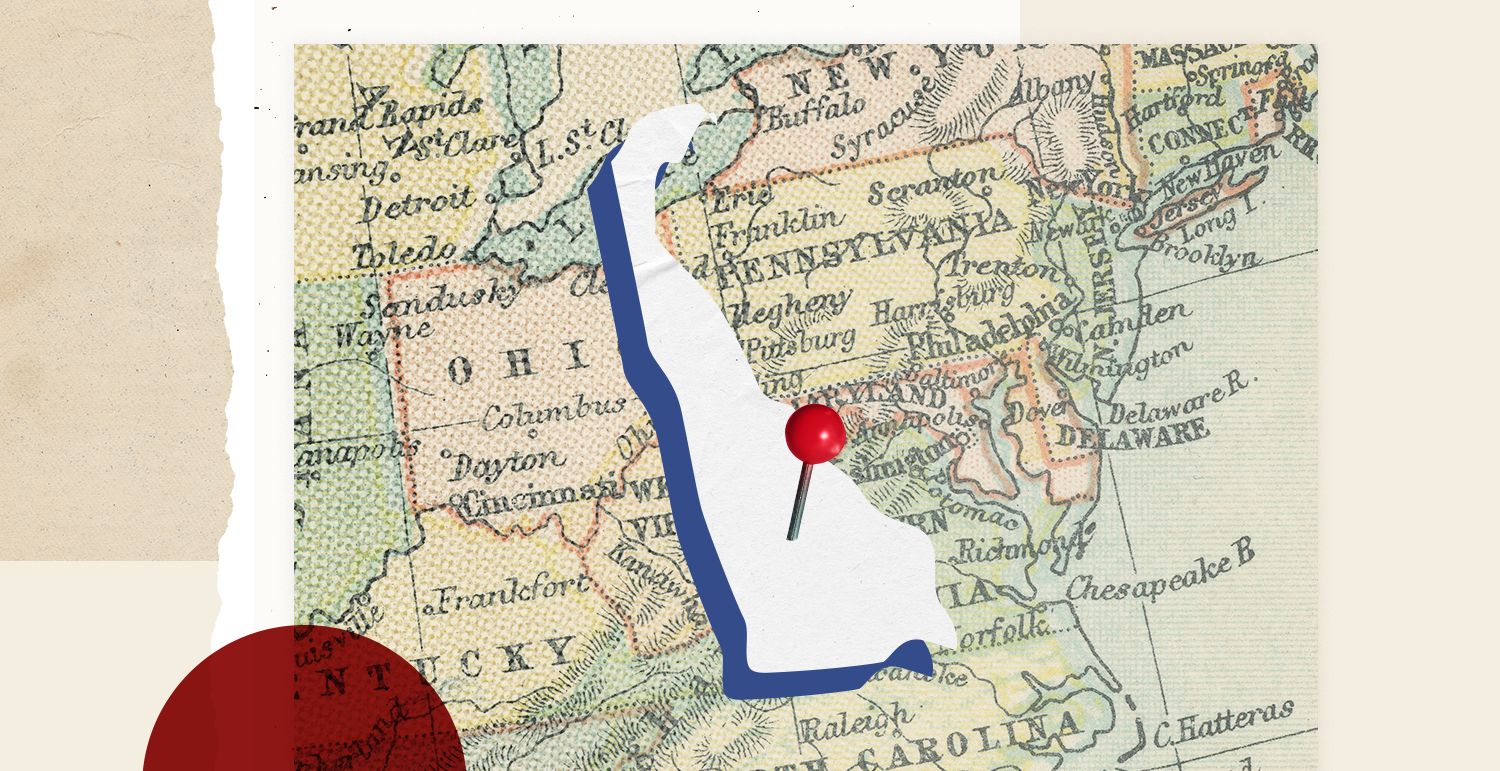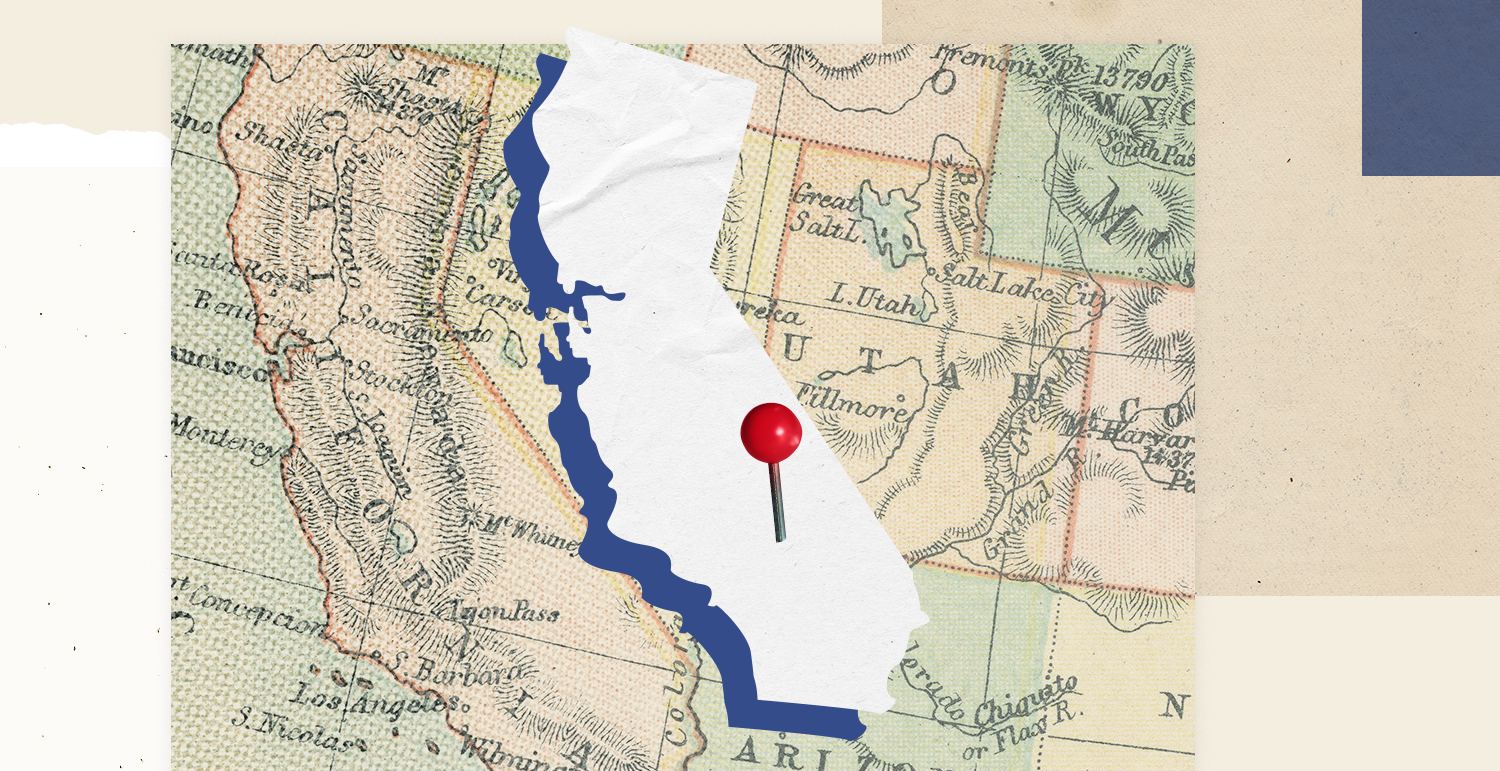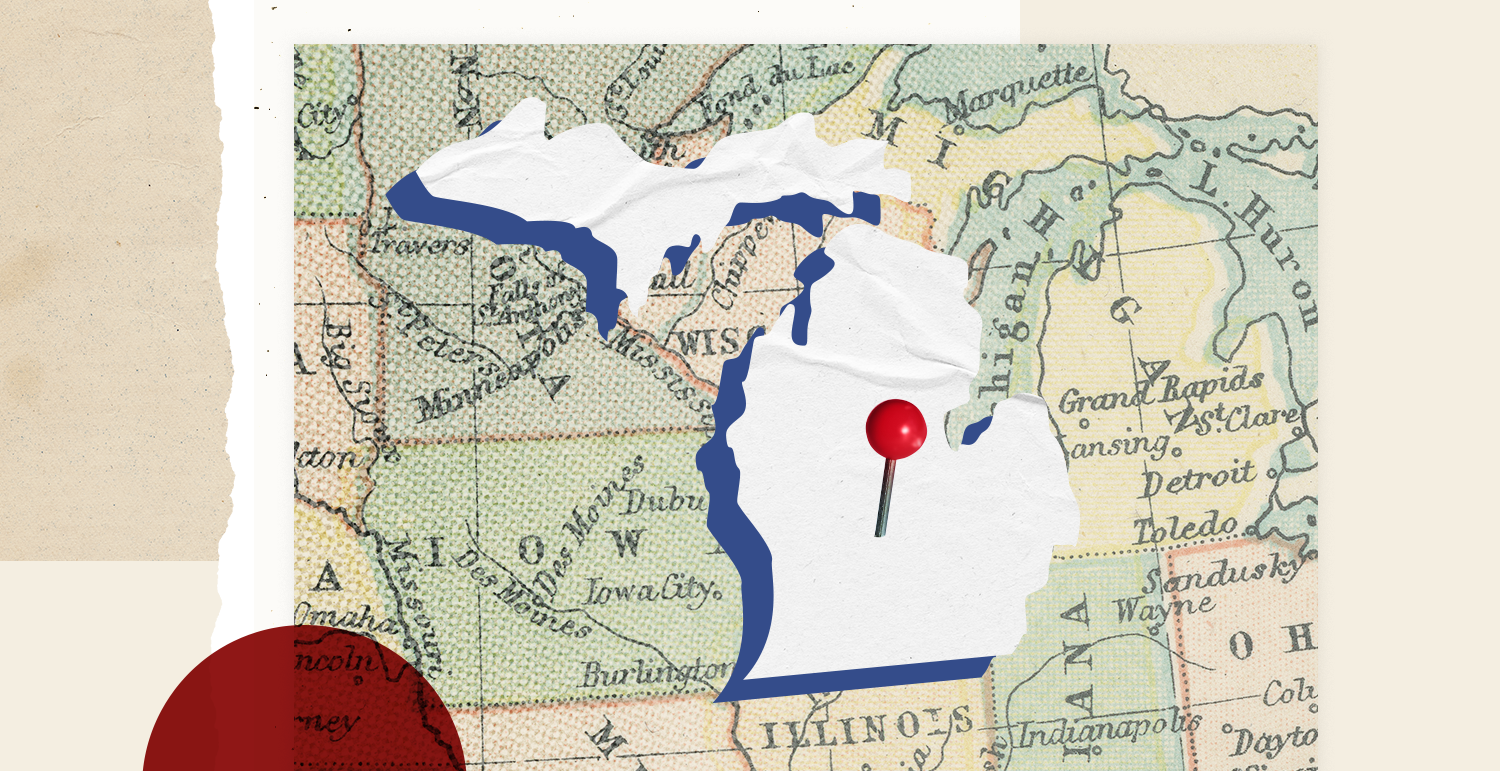
We're about a month out from election day on Nov. 5, and early voting has already begun in some states. The stakes for the presidential election couldn’t be higher. But of course, we aren’t just voting for the next President of the United States. There are statewide and local races and ballot initiatives that could shape policy, pave the way for critical progress, and determine who holds the majority of power in the House and Senate.
Marie Claire has selected six campaigns to highlight, including influential political races and significant ballot measures centered around reproductive healthcare, climate, the economy, immigration, and education. After speaking with representatives from the organizations Run for Something and Emerge, who are focused on supporting down-ballot candidates, we’ve also recommended six ways you can get involved in campaigns, even if they are outside of your state.
A campaign’s biggest needs are race dependent, so if you’d like to support a specific candidate or ballot initiative, call the campaign and ask what their needs are. Contact information for a campaign can be found on their website or through social media.
Below, six campaigns you should know about this election season.
Florida's Amendment 4

Ten states have abortion rights initiatives on their ballots, and activists have their eyes on what’s happening in Florida. Abortion is currently banned in the state after six weeks of pregnancy, which is before most people know they are pregnant. There are few exceptions for rape, incest, and when the pregnant person’s life is at risk, but activists and doctors in the state have pointed out these exceptions are challenging. For example, a rape survivor needs evidence from police before getting permission to have an abortion.
If the majority of people vote “yes” on the amendment it would enshrine abortion rights in the red-leaning state up until 24 weeks, adding the following to Florida’s constitution: "No law shall prohibit, penalize, delay, or restrict abortion before viability or when necessary to protect the patient's health, as determined by the patient's healthcare provider." Given how abortion rights have been decimated in the South, having abortion legalized in Florida would provide resources for those traveling from neighboring states with strict bans.
How to get involved: Make calls to prospective voters and educate them on the issues while also reminding them that their vote counts. When contacting the campaign you want to support, ask them for either a call script or talking points. They should also be able to provide you with data for a list of voters to reach out to.
Washington’s 3rd Congressional District

Republicans are seeking to expand their majority in the House, while Democrats hope to regain control, but in order to do so Dems need to maintain their numbers plus flip four additional seats. That’s why all eyes are on one of the Democrats' most vulnerable House seats in the state of Washington where Democratic Rep. Marie Gluesenkamp Perez is running against Trump-endorsed Republican candidate Joe Kent.
Two years ago Gluesenkamp Perez, an auto-repair shop owner, defeated Kent in an extremely narrow victory—she won by less than 3,000 votes in a shocking upset. This time around, Kent, who supports ending birthright citizenship and mass deportations, went after Gluesenkamp Perez for not being strict enough on border security and immigration. She has attacked him for his stance on abortion rights; two years ago Kent said he supported a national abortion ban but he has now backtracked.
How to get involved: If calling someone on the phone seems too intimidating, there are plenty of campaigns that reach out to voters via text message. Ask a campaign manager how you can help send and respond to these messages.
Colorado’s Amendment 80

The debate about using public funding for private school education is one being played out across the nation as different states vote on issues like school vouchers. Private school vouchers are a way some states, like Arizona and Iowa, are redirecting public education funds to pay for private school tuition. Colorado’s Amendment 80 does not speak to the controversial issue of vouchers, but opponents of the measure say it's setting the stage to reduce funding to public education. The amendment would add language stating “Each K-12 child has the right to school choice” in the state constitution, including private schools, homeschooling, charter and neighborhood schools.
Those who support the measure say they fear the rights of children to attend charter schools are endangered and need to be protected. Educators and organizers who are against the amendment’s passing have expressed concern that creating a right to private school in the state constitution will lead to private school vouchers that will divert money away from public schools, especially in rural areas.
How to get involved: If you’re skilled on TikTok, Instagram, or X, get to posting! Word of mouth is helpful and you can connect with a campaign’s social media team to see if they need assistance with creative posts or if they have recommendations for what you can post to your account.
Delaware’s At-Large Congressional District

State Senator Sarah McBride, a Democrat, is favored to win Delaware’s congressional seat as she runs against former state police officer, John Whalen III, a Republican. While serving as state senator, McBride sponsored a landmark paid leave bill, which provided people with up to 12 weeks of paid family and medical leave for life events like a new baby, serious illnesses, or adjusting to military deployment.
If McBride wins, it will be historic—she will be the first transgender member of Congress. McBride hopes to fight for paid family and medical leave on a national level, as well as universal childcare and a federal minimum wage of $15 that will rise with inflation. Whalen, her opponent, says he wants to secure the southern border and is concerned about the federal debt and Americans support of foreign wars.
How to get involved: Increase voter turnout by sending handwritten notes to communities, particularly those in areas that are historically underrepresented. If you have friends who are also interested in civic engagement, host a postcard-writing party to amplify your outreach. Center for Common Ground is an organization that you can look to for tips on how to learn the basics of postcard writing.
California’s Proposition 4

This measure would enact the Safe Drinking Water, Wildfire Prevention, Drought Preparedness, and Clean Air Bond Act of 2024. If voters say “yes,” that would authorize the issuance of $10 billion in bonds to finance a variety of climate projects, including ones focused on: safe drinking water, drought, flood and wildfire resilience, extreme heat mitigation, and clean air programs.
Supporters of the measure say this is an important step toward helping climate equity and building climate resilience for communities of color, who often are disproportionately impacted by climate disasters. Opponents say the measure is too costly for a state that already has an enormous budget deficit.
How to get involved: Donate. That may seem obvious, but don’t underestimate the power of financial assistance. Even a small amount can help in a close race that’s not receiving a ton of national attention.
Michigan Supreme Court Special Election

Two state Supreme Court seats are opening up in the battleground state of Michigan, which means the political majority could shift. Governor Gretchen Whitmer appointed Kyra Harris Bolden to the position when the former chief justice retired in 2022. Bolden is up against a circuit court judge named Patrick W. O’Grady. Prior to Bolden’s appointment, which gave Democrat-nominated judges a slim majority, the court had been controlled by Republican-nominated judges for several years.
Bolden, who has served for two years, made headlines as Michigan’s youngest and first Black woman Supreme Court justice. Bolden says she was inspired to pursue a legal career after learning that her great-grandfather was lynched in Tennessee after asking a store owner for a receipt. The special election means whoever wins would serve on the court for four years.
How to get involved: Try in-person canvassing. This type of volunteering requires a bigger time commitment, but if you’re near the state you’d like to help, look into canvas day trips where political organizations bus volunteers into neighboring swing states for the day.








